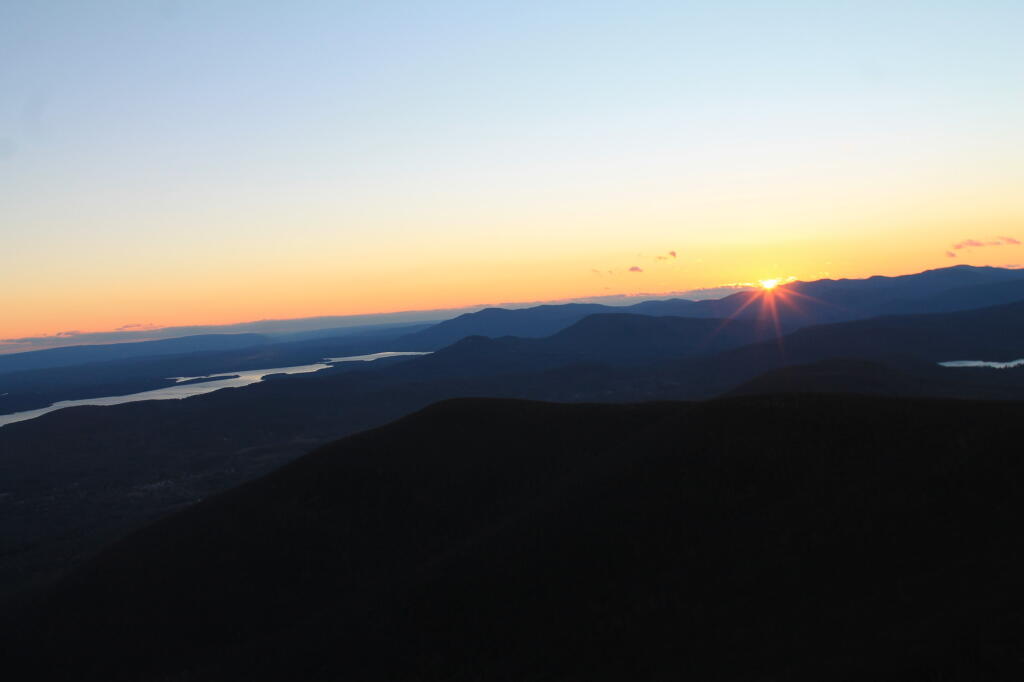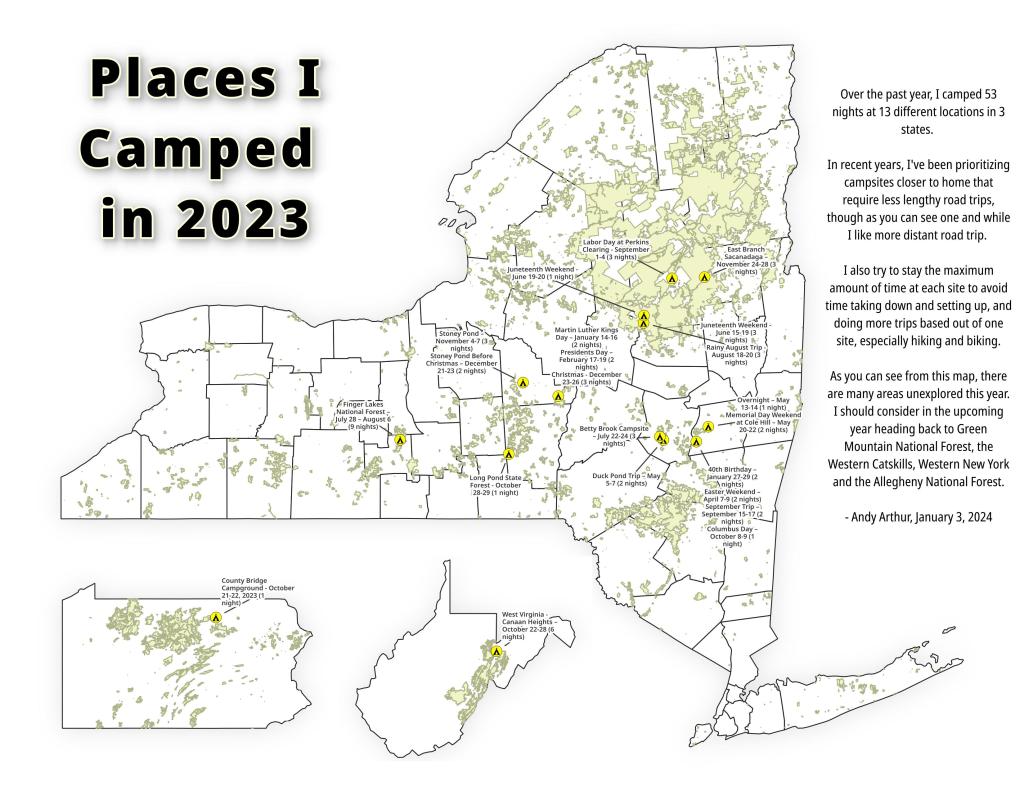Back when I was in Boy Scouts when we did backpacking, we did often did with about fifty pounds on our backs, and honestly it wasn’t a lot of fun. When I start doing some wilderness camping myself this summer, I want to pack as little as possible, but have the supplies to camp in relative comfort.
- Camping hammock – A camping hammock provides a comfortable place to sleep, without having to bring a sleeping pad or tent.
- Bug Net and bug spray – I need to get a bug net to use over my camping hammock. This is especially critical during black fly season but throughout the year, mosquito could be obnoxious while sleeping in the wilderness, especially near a lake.
- Two or three cigarette lighters – Lighters are important for starting fires, which will provide light, warmth, and a way to cook without bringing a camp-stove back in wilderness.
- Trowel – For burying poop, digging out a fire pit,
- Rope – For hanging the bear bag, hanging up the tarp.
- Water – Sufficent water for hiking, plus at night at camp.
- Small pot and frying pan – For boiling water if necessary, cooking on the fire.
- Old cloth bag – For storing food in a bear bag.
- Map and compass – For navigating. I rarely use a compass, but if I were to get off a trail, I could use it to navigate back onto the trail.
- Two or three flashlights – Flashlights break. Batteries go dead. I want to make sure I have light at night in the wilderness.
- Camera – For making videos and taking photos of what I’ve seen.
- Cellphone – For entertainment, journaling, listening to music and podcast. Might be handy in emergencies, and it’s fun to check out my exact location on the GPS, when I can find a land mark to orient myself on the trail
- Additional Battery Pack – To charge my phone at night, so I can have all night entertainment, music, podcasts, journal.
- Extra socks, pair of underwear and t-shirt. Wet clothes can be miserable. While I doubt I would need a full change of clothes, I think having a pair of socks, underwear, t-shirt is a good thing.
- Toilet paper – Self explanatory, it cleans up better than leaves. I’d burn it, rather then let it become litter, even if it’s burried.
- Small first aid kit – Just some bandages, wet wipers in small plastic bag.
- Multi-function Knife – For anything I’d need to cut at camp. Maybe also a bigger knife, especially during hunting season
- Candles – To provide additional light at camp.
- Flags – American flag and Don’t Tread on Me flag for decoration.
Food and meals … I want to keep things as light and simple as possible, not requiring much cooking.
- Water – Few things are as critical as having sufficient clean water to drink. I would probably add a shot of cider vinegar to get rid of that nasty off-taste that water sometimes has locally from the minerals.
- Frozen Hot Dogs, Beans/Canned Veggies or Soup – Something lightweight that wouldn’t require a lot of wait. Ideally, I’d avoid canned goods, that require the can to be carried out at the end of the trip.
- Cookies – Calories for energy, that are tasty for a dessert.
- Oatmeal – For breakfast, that is quick and easy. I could boil water for that. I probably would skip coffee for breakfast.
A few other things I might want to think about bringing …
- Small Tarp – While I probably wouldn’t back country in rain, it might be handy for a pop up thunderstorm.
- Beer – I might bring a can or two of beer to enjoy by the fire at night.
- Fishing pole/night crawlers/few bobbers/hooks – For fishing during the summer months to pass time, additional source of food. Not going to bring my full fishing kit. Place in small plastic bags.
- .22 rifle – During small game season for harvesting squirrel or rabbit. I would put it on a sling and care over the shoulder.

